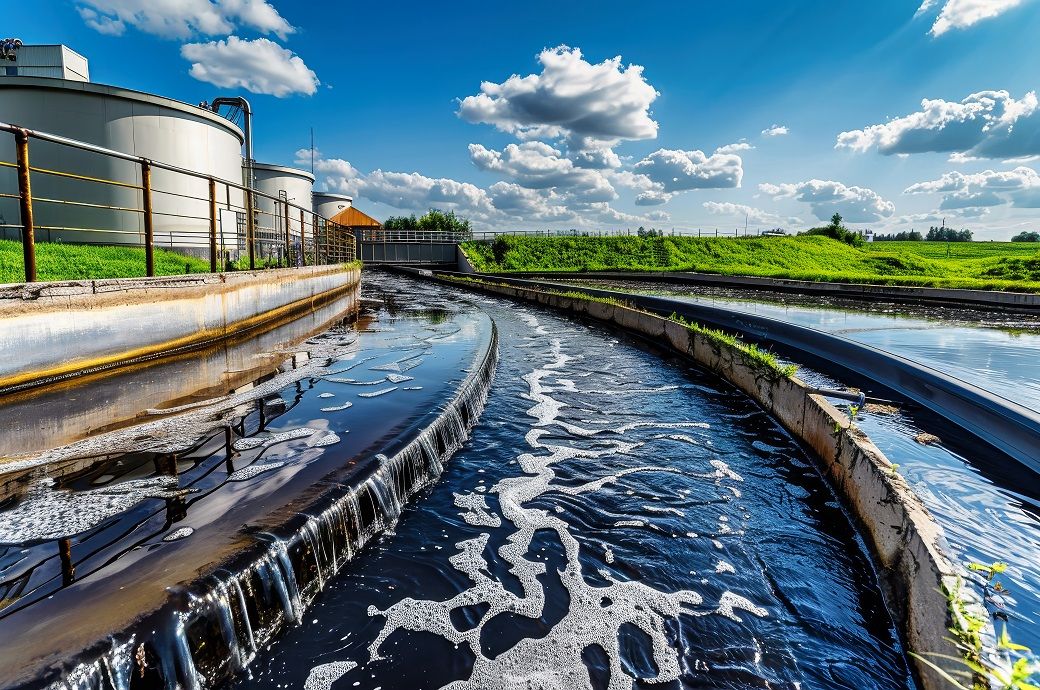
Additionally, these factories have cut wastewater discharge by 29 billion litres per year.
Marking the 10th anniversary of the PaCT programme, the International Finance Corporation (IFC) highlighted that the freshwater savings achieved could meet the annual water needs of over 1.9 million people.
Beyond water conservation, the participating factories now save 3.8 million megawatt hours of energy per year and have reduced carbon emissions by 723,617 tonnes annually, which is equivalent to removing nearly 160,000 cars from the road each year.
The PaCT programme, supported by Denmark and the Netherlands, aims to drive systemic and positive change in Bangladesh’s textile value chain, enhancing the sector’s competitiveness and environmental sustainability.
This initiative has engaged key stakeholders, including brands like VF Corp, PUMA, Levi Strauss & Co., and TESCO, as well as technology suppliers, industrial associations, financial institutions, and the government.
Denmark’s ambassador to Bangladesh, Christian Brix Moller, expressed satisfaction with PaCT’s scale and comprehensive activities, especially its advisory support for energy efficiency and renewable energy even as Bangladesh Garment Manufacturers and Exporters Association (BGMEA) vice-president, Miran Ali, acknowledged the positive impact of the PaCT programme, hoping its influence will continue to drive sustainable and safe growth in the industry.
One notable achievement of the programme is the establishment of the Textile Technology Business Centre, set to become a leading knowledge hub for the sector.
Fibre2Fashion News Desk (DR)